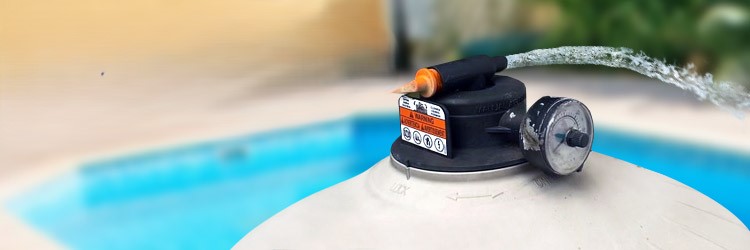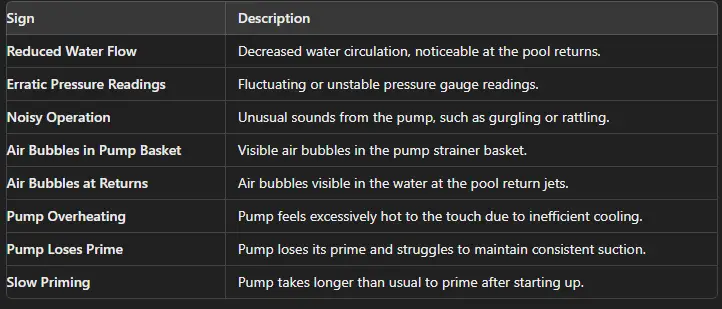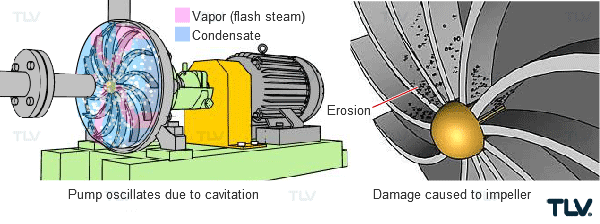Do you hear gurgling ticking or unusual noises coming from your swimming pool filtering system? Those noises could cause damage wear and extra costs to your pool if there is air trapped in the system. Learn how to bleed air from your pool pump and be the Master of your Pool.
This not only reduces the pump’s effectiveness in circulating and filtering the pool water but also increases energy consumption and operational costs. Additionally, air in the system can create noisy operation and contribute to wear and tear on the pump components, leading to more frequent repairs and a shorter lifespan for the equipment. Regularly bleeding air ensures the pump operates smoothly, maintaining optimal water circulation and filtration for a clean and safe swimming environment.
Anyone who owns a swimming pool knows that even minor problems with the pool equipment can lead to bigger issues down the line. One concern that many people have is whether air can damage their pool pump. Air in the pump or filter system can be caused by various factors, such as leaks or insufficient water levels. But how much of an issue is this? Can it cause lasting damage?
What is Cavitation in Swimming Pool Pumps
Cavitation – the phenomenon of the formation of vapor bubbles of a flowing liquid in a region where the pressure of the liquid falls below its vapor pressure. This is what happens with the water is moving too fast, not too much or too little, but. This happens when pool builders oversize a pump for a pool or when return lines get plugged up.
The pool pump is moving the water faster than the pipes & equipment can handle. The pump is oversized, the pipes are too small, or something like not having the return jets installed can create cavitation. Cavitation in a pool pump looks like it isn’t primed, having air in the canister.
It can erode the surface of the inside of the pump impeller and surrounding valves and piping. Left unfixed, the cavitation can weaken internal pump components to the point of complete pump failure. And, pump failure means your pool will stop running altogether. Pump sizing is the key to doing away with Cavitation.
Conclusion:
Maintaining a properly functioning pool pump is essential for the overall health and cleanliness of your pool. Bleeding air from the pump is a simple yet crucial task that ensures efficient water circulation, reduces energy consumption, and extends the lifespan of the pump. By regularly checking for signs of trapped air, such as reduced water flow, erratic pressure readings, and noisy operation, you can prevent potential damage and costly repairs.
Addressing air issues promptly helps maintain a smooth-running system, ensuring your pool remains a clean, safe, and enjoyable space for swimming. If you own a pool then inspecting the operation both chemically and mechanically is the secret to a long healthy beautiful swimming pool.






